- Fastening Solutions
- Industries
- Why Field
- About
- Resources
- 815-637-9002
- Fastening Solutions
- Industries
- Why Field
- About
- Resources
- 815-637-9002
- Careers
- Suppliers
- Contact Us
- IFI Connection
- Search
Field helps organizations improve workflow efficiencies, increase product quality, and manufacture better-designed products, all while reducing costs.
The experts at Field provide ongoing training for all levels of your organization. From assembly line workshops to lunch-and-learn sessions with product design engineers, Field can bring a smarter fastening process to every aspect of your operation.
Every Field training program is tailored to meet your specific goals and objectives and to cater to your needs.
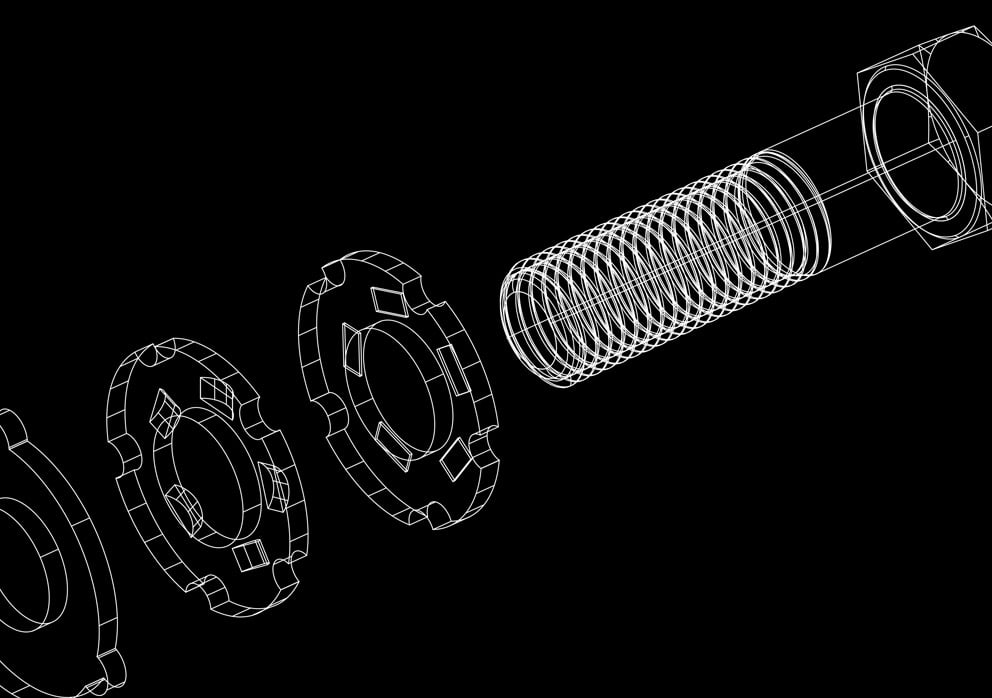
The training features a review of the primary characteristics of threaded fasteners. Attendees will learn to understand uses and applications in order to gain improvements in savings, efficiency, and quality.
Request More Info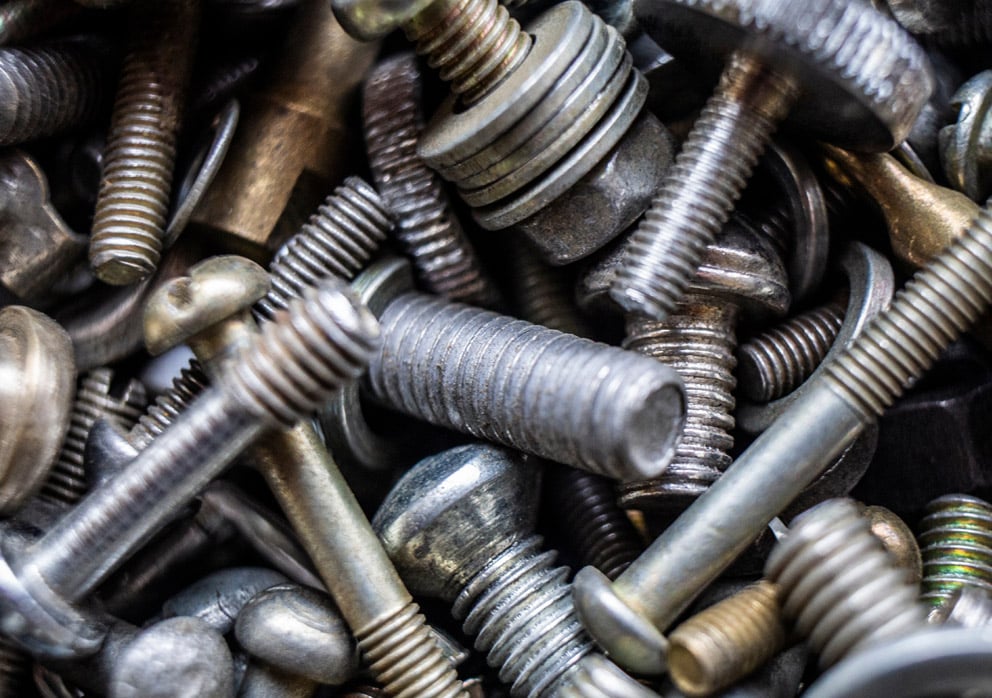
Many failures come from the misapplication of grades. Learn how to identify the right ones for your applications. In this training, we will discuss strength levels of various grades of fasteners, covering the difference in grades and strengths and the methods for accomplishing varying strength levels. Training will include understanding fastener grades and their identification, characteristics of these different grades, and metallurgical properties that are important in developing increased strength in fasteners.
Request More Info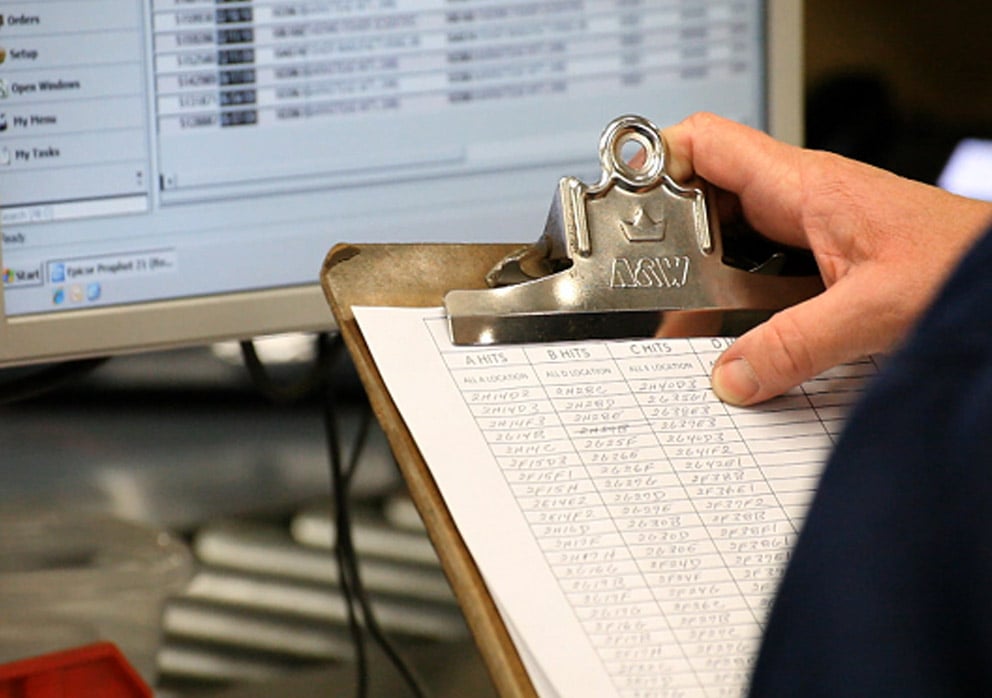
There are many different factors that affect the piece price of fasteners. This seminar, which can easily be done as a lunch-and-learn, is designed to provide an understanding of those factors. It can be particularly useful for purchasing and engineering to understand how material costs, volumes, special characteristics and other factors can affect the piece price of a fastener.
Request More Info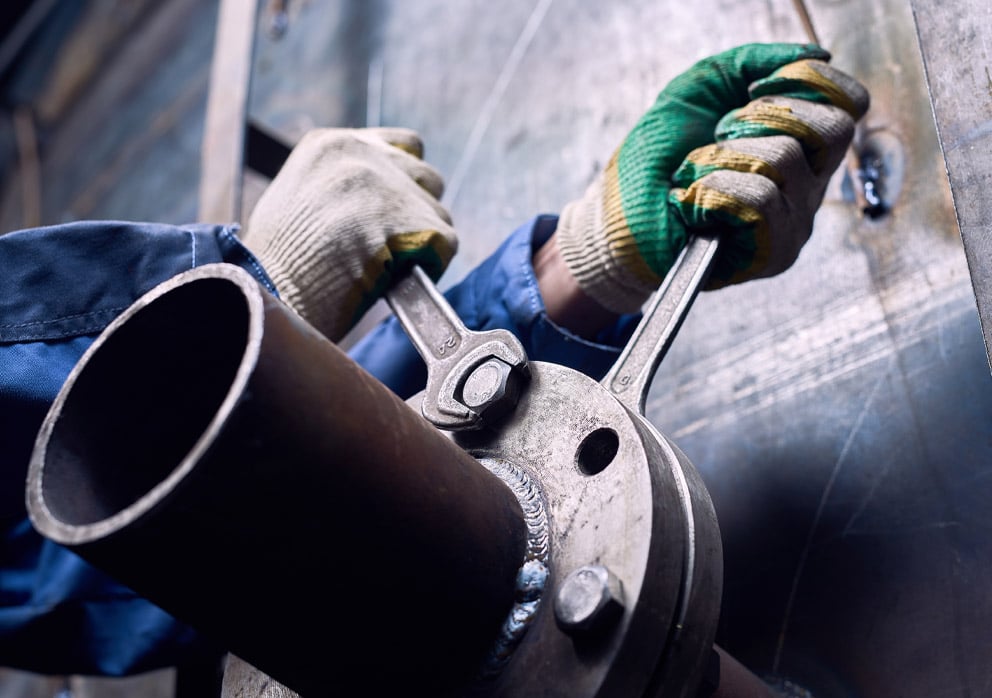
This training program provides definitions of torque and tension, the relationship between these two forces as they relate to fastening, some “hands-on” creation of a torque-tension curve, and practical approaches to developing proper installation torque. Understanding these variables will help ensure product quality and reduce costs. The content of this training can be adjusted to meet the specific needs of audiences varying from shop floor assembly personnel to mechanical engineers.
Request More Info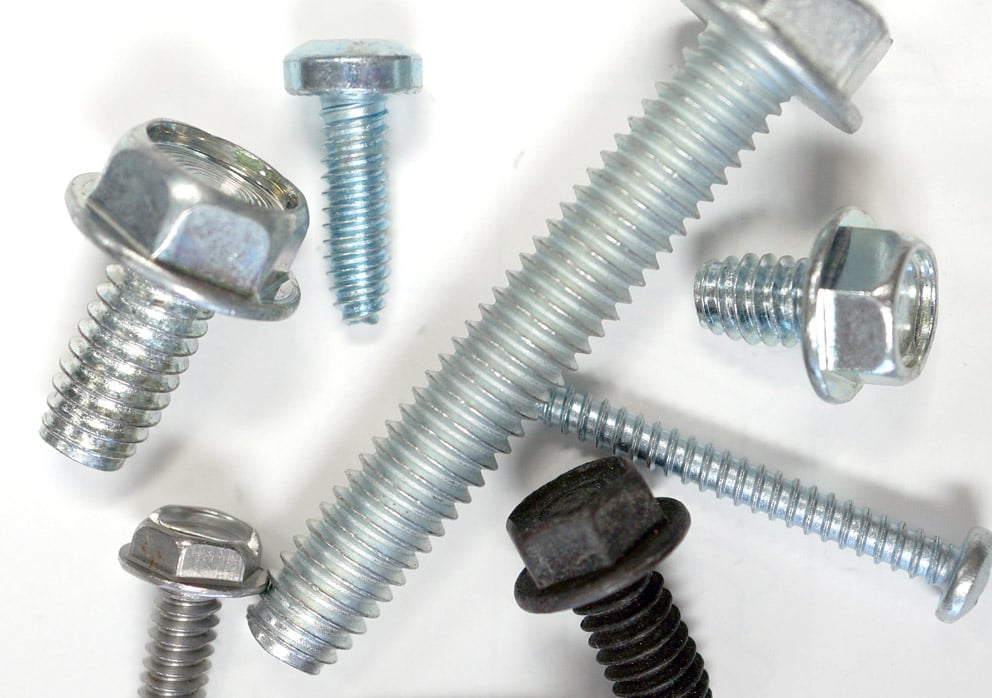
A practical approach to understanding the use of thread forming screws, including selection of hole size, thread type, and other considerations. Training will include “hands-on” development of drive-to-fail ratios, recommended seating torque, safety margins, and other pertinent information that should be developed prior to the use of any type of thread forming or cutting screws to promote safe and efficient operations.
Request More Info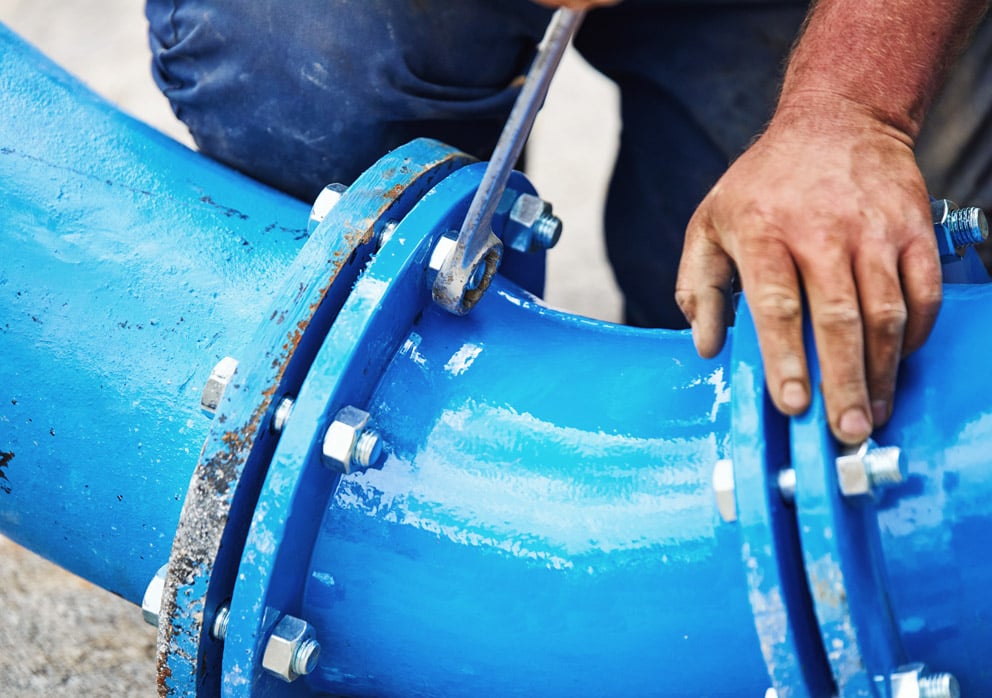
Locking devices are often misused, and important factors that ensure joints stay tight are overlooked. This seminar addresses the best ways to ensure threaded fasteners stay tight, dispelling myths about many locking devices and practices. Topics include the different considerations for “hard” of “soft” joints, as well as locking options with particular emphasis on consistency in joint preparation.
Request More Info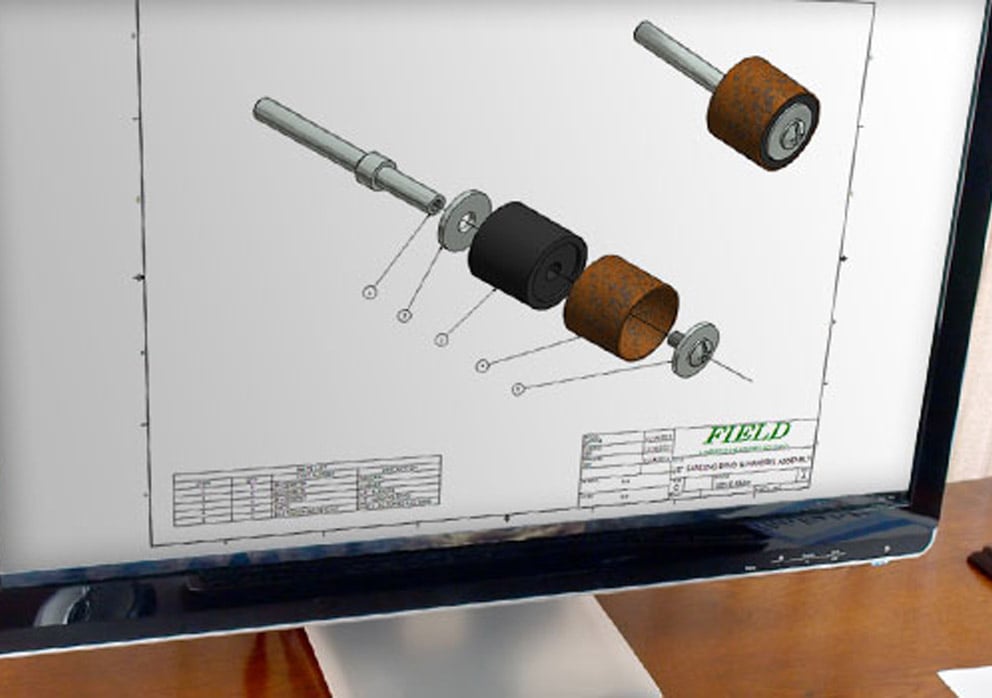
There are many “rules of thumb” used in the fastener industry that remain unpublished or generally unavailable. A review of this industry insider knowledge provides attendees with an understanding of topics from recommended tightening torque, to length of thread engagement, to thread forming and cutting screw considerations including hole size, drive to fail ratios and others. This course is a must-take for anyone involved in fastener and joint design.
Request More Info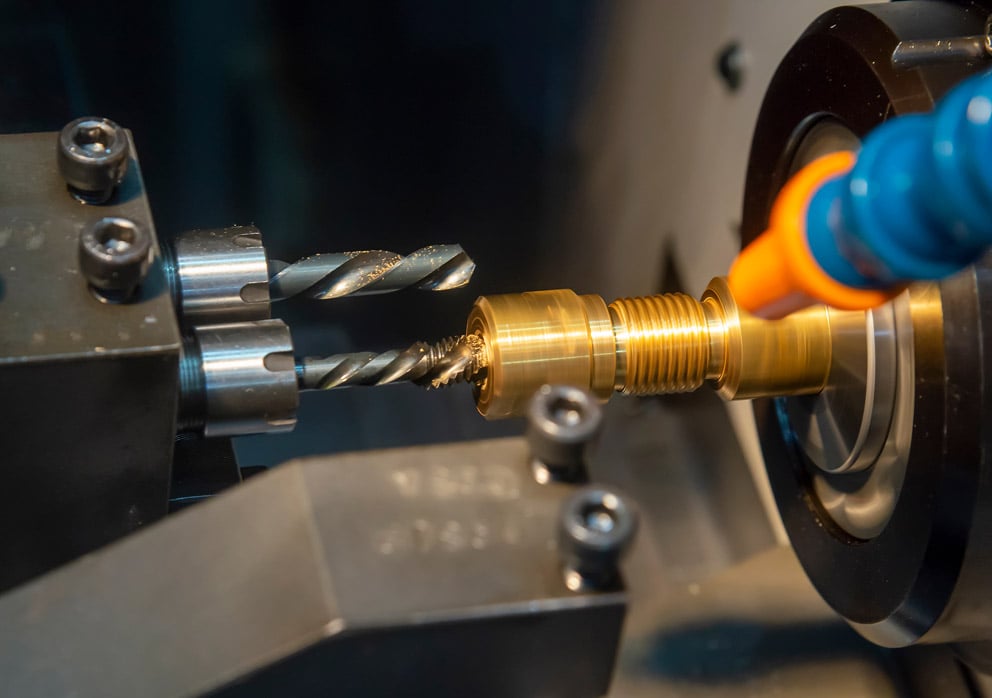
The primary manufacturing process will be covered, including cold heading, roll threading, heat treating, and plating. We will discuss the capabilities and limitations of each operation and process control and variation. The information will include extensive use of samples to describe these processes.
Request More Info
A variety of different finishes exist in the fastener industry, and choosing the right one for an application can be challenging. Whether your primary concern is corrosion resistance, torque-tension, or hydrogen embrittlement, picking the right finish can make all the difference. This seminar sheds light on the properties, costs, and applications for common fastener finishes to help attendees better understand why they are so important.
Request More Info
Impacts of hydrogen embrittlement failures can be extensive, from assembly downtime to product recalls and liability claims. Understanding the phenomenon is essential to prevent its occurrence. This seminar will cover how hydrogen may be introduced during processing, how this hydrogen can cause part failures, design and processing criteria used to mitigate risk of hydrogen embrittlement, and relevant industry standards.
Request More Info
Improvements in resin and forming technology have increased the use of plastics in engineered products. When done correctly, fastening these components can be a simple, low-cost, robust solution. This seminar is an in-depth look at the nuances of fastening in plastics. Topics to be covered include a review of plastic properties and how they relate to fastening, proper part design considerations, characteristics of fasteners and plastics, and an extensive review of methods to ensure adequate performance in the fastening application.
Request More Info
This is an in-depth overview of self-drilling screws, providing a detailed review of their applications, advantages, and limitations. The material selection and point geometry discussed are important and key to selecting the fastener.
Request More Info
Actual case studies are presented, including a description of the problem, test results, and conclusions and recommendations. The actual applications will be used to supplement the written material. This is a great way to stimulate ideas for cost reduction.
Request More InfoInterested in bringing one of our training programs to your organization?